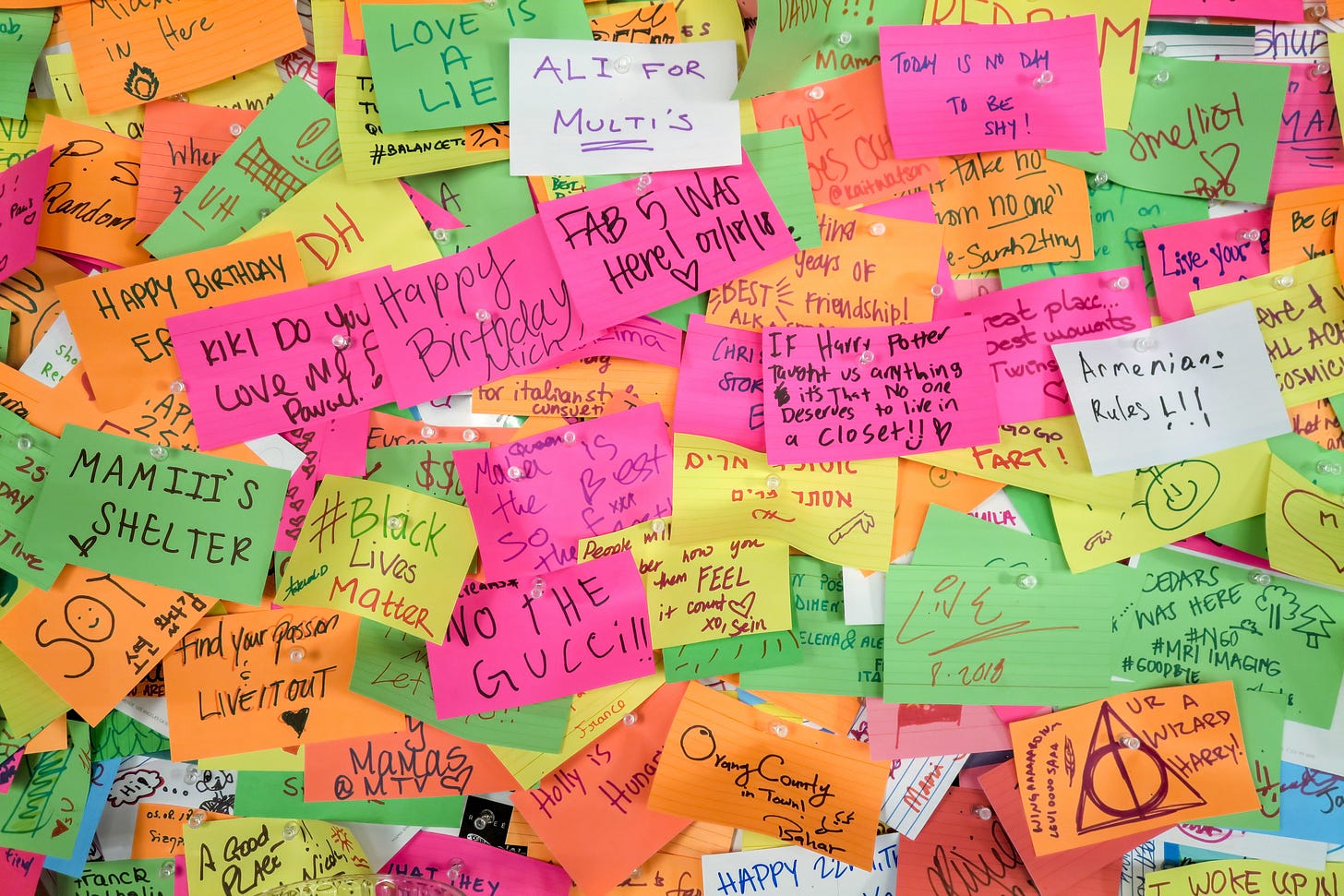“A poem as divine wine” —Uche Nduka
A poem is a drug. It cures you of something—albeit temporarily. It serves as an intermission from the things that haunt you—or become that thing. Yes, it sometimes peels a scab—makes you bleed afresh—in search of new skin. Every piece is a healer, you just don’t know what it heals & you are in no position, even as the writer, to decide.
A drug keeps you hooked & coming back for more. A poem should do that to you—offer introspection, conversation, connection, entertainment, memories…
Language is an expensive, expressive toy in the hands of a poet as he attempts to coax & sustain the interest of the readers. The poet knows when to be subtle, when to be fierce—when to be music. A poet knows the texture of words as they relate to emotions. Poetry should be able to transfer its energy & sentiments, throw its readers into a flux—doubt, faith & all the carnage in-between.
It’s not about the story—it’s more about how it is told. The ability to be chaotic & maintain patterns. Take a detour yet remain on track. The ability to be clear & ambiguous. To create mystery, thrill & sustain music, preserve metaphor. It’s not about the story, it is more about the image, the flow & culmination.
Perhaps because I was a lover of mathematics before I discovered poetry, I measure my words—for me, brevity is crucial. The magic of brevity is such that the verse is a mirror & a prism at the same time—an alchemy of images—a reflection of the poet, his persona & the reality of their environment.
Language is kinetic. You activate the potentials of an image with deliberate words, calculated contemplations & reticence. Brevity is a science rooted in semantics & innuendos—embodied in ambiguity.
A poem is a coin with two heads—or two tails. I’m a big fan of contradictions. The aim is to create seamless connections between the actual & the symbol—synergy between the palpable & the plausible. I try to establish kinship between dissimilar contexts. Sometimes the hardest part of a poem is finding the link to the pieces of ideas. Finding the flow. Finding the soul.
A poem is a time machine—blending spaces & silences. A documentary art, it seeks to explore memory. It is an album of metaphors. A museum of emotions. Diary. Memento. Archive.
Words are living things seeking the illicitness & immediacy of metaphors—an access bridge between the poet & their poem, between language & voice, & between the writer & his audience. A poem is an orgy!
In his essay, Muscularity & Eros: On Syntax, Carl Phillips sees poetry as not just a bodily thing, but an erotic one. A poem desires to breathe—to be read & felt. To be owned & to be free.
A poem is a prayer & language is the medium. But I’m the god of language & the best gift I give my lyrics is tenderness, light feet & surprise—voice as soft as my palms, ambient, patiently luring, seducing…
Dawn is a dialect of desire—of sprouting & blossoming. Perhaps this is why dawn is prominent in my poems. It promises lushness. It promises ecstasy—& recovery, a loop of longing.
A poem is an experience you want to return to, like a comfortable bed, at the end of each day. It is the song you want to begin the day with—rhythm to keep you going, shut off peripheral noise, & mesmerise the storm inside your head.





Masterfully crafted. Very delicious and satisfying.
This feels like a masterful interweaving of stories within a story. It showcases both creativity and brilliance. Bravo JB!